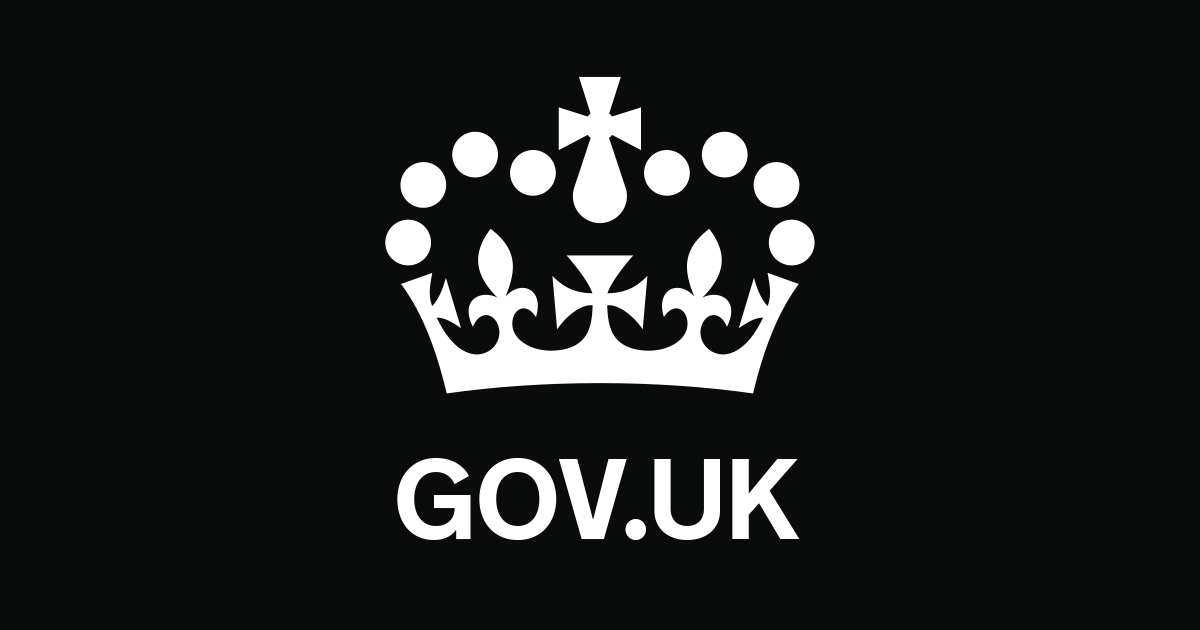
If you’re returning to the UK from Cuba check the latest guidance for England, Northern Ireland, Scotland and Wales.
Travel to Cuba is subject to entry restrictions
- From 10 January 2021, everyone travelling to Cuba must have a certified proof of a negative result of a PCR test taken within 72 hours before travel at an accredited testing centre in the UK or the country you are travelling from. Children are not exempt. You should not use the NHS testing services to get a test in order to facilitate your travel to another country. You should arrange to take a private test. You will still be given a PCR test on arrival in Cuba.
- Jose Marti International Airport (Havana Airport) re-opened to commercial and charter flights on 15 November 2020. All other airports in Cuba are open for commercial and charter flights.
- Everyone arriving into Cuba will have a PCR test on arrival.
- Returning residents (Cuban and foreign nationals) have to self-isolate until they have a second PCR test with a negative result.
- Tourists arriving on holiday charter flights will have a PCR test on arrival and will be transferred to their holiday resort.
- Tourists staying in casas particulares should not leave the casa until they receive a negative PCR test result.
- Results of PCR tests on arrival should be ready within 48 hours. Anyone with a positive result (even if they arrive with negative PCR test from their home country) will have to go to hospital or centre for subsequent tests (on day 7 usually) and treatment if needed. Travelling companions will have to self-isolate in their accommodation and have further test(s). Failure to agree to tests will delay testing results that are essential to be released from medical care/end isolation.
See Entry requirements for more information before you plan to travel.
Preparing for your return journey to the UK
If you’re returning to the UK from overseas, you will need to:
Check our advice on foreign travel during the coronavirus (COVID-19) pandemic and sign up for email alerts for this travel advice.
If you’re planning travel to Cuba, find out what you need to know about coronavirus there in the Coronavirus section. The measures in place may differ between and within Provinces and Municipalities according to the level of COVID-19 cases and transmission. The situation and measures can change quickly. Anyone not complying with local rules , including self-isolation in hotels when required, can be fined.
During the COVID-19 pandemic, it is more important than ever to get travel insurance and check it provides sufficient cover. COVID insurance cover is compulsory for travel to Cuba. See the FCDO’s guidance on foreign travel insurance.
The British Embassy in is Havana open to the public by appointment only. If you need emergency consular assistance you should telephone the Embassy +53 7 214 2200 and select the option for emergency consular assistance (note there is a short time delay to connect to the officer). We are receiving an unprecedented number of calls so it may take some time to be connected. We are also receiving a high volume of email enquiries and may not be able to deal with your individual enquiry straight away.
The Cuban Convertible Peso (CUC) was removed from circulation on 1 January 2021. The Cuban National Peso (CUP) is now the currency in use. See Money.
The hurricane season in Cuba normally runs from June to November. You should monitor weather updates and track the progress of approaching storms. See Natural disasters.
In September 2019, the Cuban government announced that it was taking measures to manage electricity and fuel supplies in view of limited stocks and deliveries of oil. Government measures included prioritising supplies for essential services, and reducing transport services. The situation had normalised but services and stocks are now affected by Coronavirus.
Crime levels are low and mainly in the form of opportunistic theft. See Crime
Be cautious when travelling in Cuba. Driving standards are variable. See Road travel
UK health authorities have classified Cuba as having a risk of dengue, and Zika virus transmission. For more information and advice, visit the website of the National Travel Health Network and Centre website. You should take steps to avoid being bitten by mosquitoes.
Although there’s no recent history of terrorism in Cuba, attacks can’t be ruled out. See Terrorism
Most visits to Cuba are trouble free.
If you’re abroad and you need emergency help from the UK government, contact the nearest British embassy, consulate or high commission.